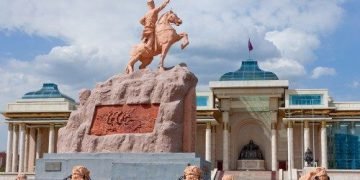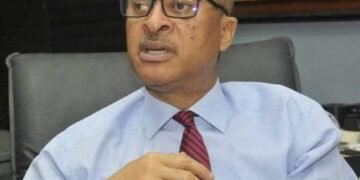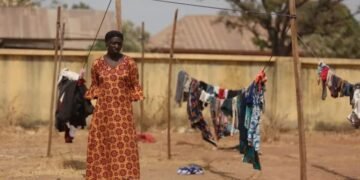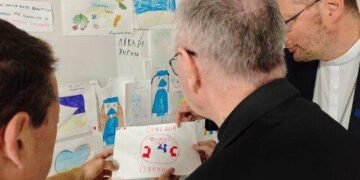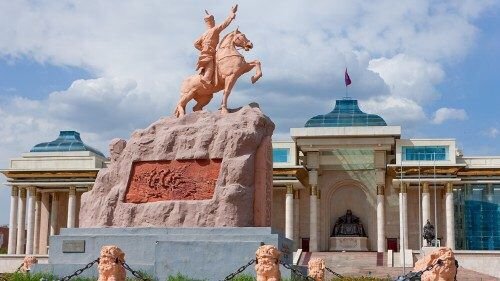By Charles Igwe
During a press briefing on Tuesday, Matteo Bruni, Director of the Holy See Press Office, detailed Pope Francis’ forthcoming journey to Mongolia, scheduled from August 31 to September 4. This venture marks the Holy Father’s 43rd Apostolic Journey and takes him to the 61st country he has visited during his papacy.
The geographical significance of Mongolia comes at a critical juncture, coinciding with the ongoing conflict in Ukraine. It is expected that Pope Francis will address this during one of the five speeches he’ll deliver over the three-day visit, which involves interactions with various institutional and societal entities in the country.
Central to the entire trip is the Pope’s meeting with the small Catholic community of approximately 1,500 faithful. Mr. Bruni expressed that the primary purpose of the journey is to connect with this vibrant community, offering them words of encouragement and hope. He emphasized that this community significantly contributes to various aspects of human life.
The roots of the Church in Mongolia trace back to the early 4th century when the first bishop was appointed, during the time when the Mongol empire encompassed parts of China. Subsequent centuries witnessed a decline in Christian presence, eventually vanishing during the years of communist rule.
Since 1992, the Church has been re-established and invited to maintain a presence. In the past three decades, the missionary efforts, led prominently by the Missionaries of the Consolata, including the first and only Cardinal of Mongolia, Giorgio Marengo, have revitalized the Church. The Mass Pope Francis will preside over on September 3 holds a pivotal role in his journey, given the Church’s historical background and its modest yet impactful engagement in social realms. An agreement between the Holy See and Mongolia concerning the work of Christians is also under consideration.
The 1,500 faithful residing in Mongolia, with 90% living in the capital, will be joined by around a thousand believers from neighboring countries, including Russia, China, Thailand, Kazakhstan, Kyrgyzstan, Azerbaijan, and Vietnam.
Additionally, on Sunday, the Pope will lead an ecumenical and interreligious event at the Hun Theatre. Participants from shamanism, Shintoism, Buddhism, Islam, Judaism, Hinduism, and other beliefs will attend. This event symbolizes the Mongolian people’s commitment to peaceful coexistence, a trait acknowledged by Mr. Bruni, who also mentioned the presence of government observers and university representatives.
Regarding potential tensions with China over meetings with representatives of Tibetan Buddhism and private gatherings with Russian and Chinese Christians after the Mass, Mr. Bruni clarified that no private meetings are planned currently. He highlighted the Pope’s desire to meet Mongolian people, emphasizing the journey’s sole focus on Mongolia.
